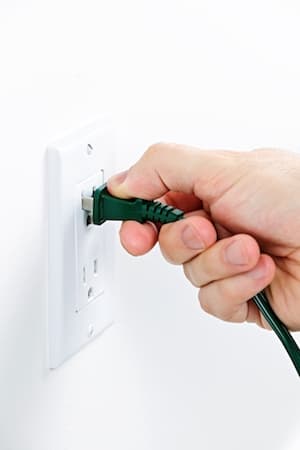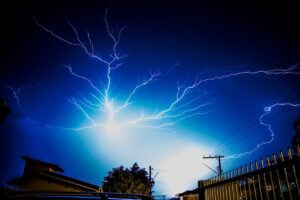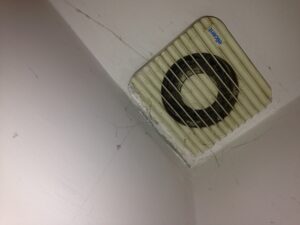 If you currently live or have lived in a home with outlets that accept only two-pronged plugs, you may have had to purchase an adaptor to use some of your more modern appliances that feature three-pronged plugs. You may be wondering what all the change is about; why haven’t manufacturers stuck to the “old,” two-pronged format and made life easier for everyone?
If you currently live or have lived in a home with outlets that accept only two-pronged plugs, you may have had to purchase an adaptor to use some of your more modern appliances that feature three-pronged plugs. You may be wondering what all the change is about; why haven’t manufacturers stuck to the “old,” two-pronged format and made life easier for everyone?
The Answer Is Safety
Two-pronged outlets are referred to as “ungrounded,” while three-pronged are grounded. New, standardized 120-volt outlets in the US have three holes. Two vertical slots, the left called “neutral” and the right called “hot,” and a hole at the base called “ground.” New plugs are engineered to fit into these upgraded outlets. Grounding through use of these types of outlets is intended to protect individuals who use metal-encased appliances from severe electrical shock.
How is this accomplished? Because electricity always flows in a circuit, power in an outlet flows from hot to neutral. The appliances you choose to plug into the outlet completes this circuit, allowing electricity to flow through your appliance to heat coils, run a motor, etc.
However, if you were to plug a metal appliance into a two-pronged outlet, and a hot wire comes loose inside that ungrounded metal appliance, the metal casing would instantly become hot, delivering a fatal electrical shock. However, using a grounded plug and outlet, the electricity flows from the wire into the ground, every time, which trips the breaker in the break box, stopping the circuit and preventing electrical accidents.
What If I Move Into a Home Without Grounded Outlets?
If you currently live in an apartment or house without grounded outlets, it is 100% worth your while to speak with an experienced electrician about upgrading your system. This is an investment that could save your life. Renters should speak with their property managers about updating their systems.
What Happens If I Use a Cheater Plug?
Three-prong adapters, also known as “cheater plugs,” are not a safe option. While seemingly convenient, these adapters do not connect to the electrical ground and thus do not provide the intended safety built into grounded outlets and plugs. Your best alternative is to replace the outlet in question with a Ground Fault Circuit Interruptor breaker outlet, which, as described above, stops a wayward current dead in its tracks, preventing potential disaster.If you’re working with outdated outlets, contact our team at Prairie Electric today. We are 100% focused on your safety and employ only best practices when upgrading your system.


